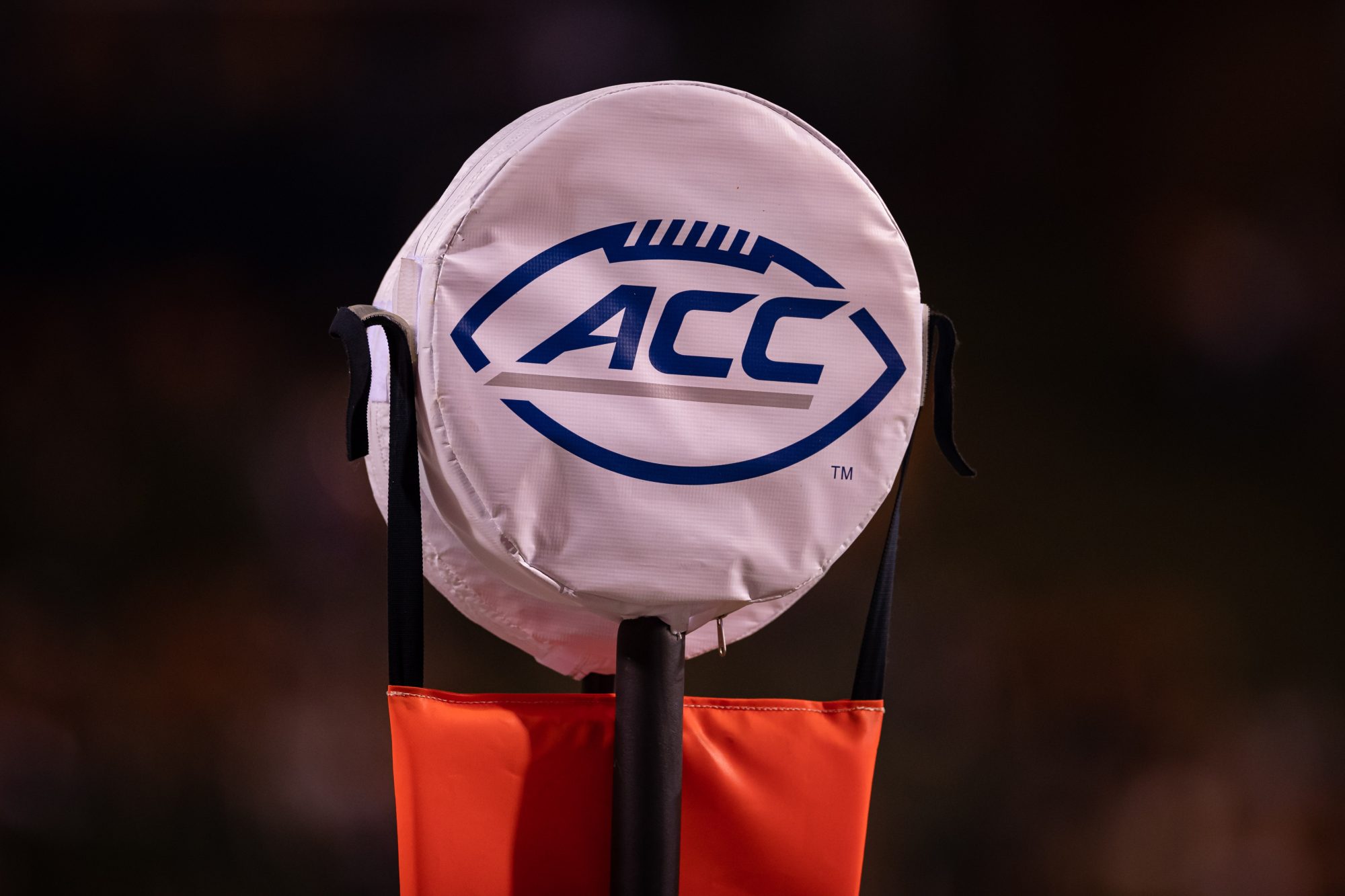On Wednesday, the ACC responded to a lawsuit filed last month by Florida’s attorney general. ESPN, as well as the other Power 4 conferences, voiced their support of the ACC’s position in court documents.
The filings are the latest in an ongoing legal battle over whether FSU and Clemson can depart the conference.
The lawsuit, brought by Florida state AG Ashley Moody in April, alleges that the ACC violated Florida public records laws by refusing to produce documents related to the conference’s media deal. The documents are at the center of FSU’s lawsuit against the ACC arguing that the contracts binding the school to the conference for the next decade—lest FSU pay $500 million in exit fees—are unenforceable.
The lawsuit’s outcome won’t have a direct impact on FSU’s direct dispute with the ACC. But it could set a new precedent in sports by allowing confidential media-rights agreements to be publicized.
The conference filed an opposition brief in Leon County, Fla., arguing its agreement with ESPN and its grant of rights (which allows the ACC to sell media rights on behalf of schools, therefore binding them together) are not subject to public records requests, particularly because they include “trade secrets.” The ACC said it served parts of the media contracts to Moody’s office in January, as they were included in court documents from the FSU-ACC case. Moody had previously requested the documents, as she noted they contain “the fate of hundreds of millions of dollars of a Florida public university,” but ultimately filed a lawsuit when they were not sent to her office.
The ACC also claimed that FSU’s estimation of $500 million in exit fees was incorrect. The exit fee, as per the conference’s bylaws, amounts to around $140 million. (FSU could be including the cost of losing broadcast rights to its games if the ACC retains those rights even if FSU departs.)
ESPN has not taken a public position in the conference realignment dispute. But in a supplementary brief, the network asked that the judge side with the ACC in this particular lawsuit.
“Publicly disclosing the terms of an ESPN agreement with a prominent rightsholder would have destabilizing and damaging effects on important private rights that Florida law protects,” the network said in court documents. “Competing networks would gain a leg up on ESPN in the next round of negotiations with rightsholders, and all other rightsholders negotiating with ESPN would capitalize on the knowledge of specific terms ESPN has agreed to with—or has not required from—others.”
ESPN also suggested that major networks would “hesitate” to do business in Florida in the future for fear of their contracts being exposed to the public.
On Wednesday, the SEC, Big Ten, and Big 12 also filed briefs supporting the ACC’s position, citing the “devastating competitive impact that disclosure would have on the market.”
The lawsuit is one of five that could ultimately decide the fate of the ACC. FSU and the ACC sued and countersued each other in December. FSU asked a court to invalidate the conference’s contracts. In March, Clemson filed a similar but less accusatory complaint asking a local court to rule on the legality of the contracts, though it claimed in a separate statement that it had no imminent plans to leave. The ACC then countersued Clemson. All of these lawsuits are currently pending in their respective local courts.






![[Subscription Customers Only] Jun 15, 2025; Seattle, Washington, USA; Botafogo owner John Textor inside the stadium before the match during a group stage match of the 2025 FIFA Club World Cup at Lumen Field.](https://frontofficesports.com/wp-content/uploads/2026/02/USATSI_26465842_168416386_lowres-scaled.jpg?quality=100&w=1024)
![[Subscription Customers Only] Jul 13, 2025; East Rutherford, New Jersey, USA; Chelsea FC midfielder Cole Palmer (10) celebrates winning the final of the 2025 FIFA Club World Cup at MetLife Stadium](https://frontofficesports.com/wp-content/uploads/2026/02/USATSI_26636703-scaled-e1770932227605.jpg?quality=100&w=1024)









